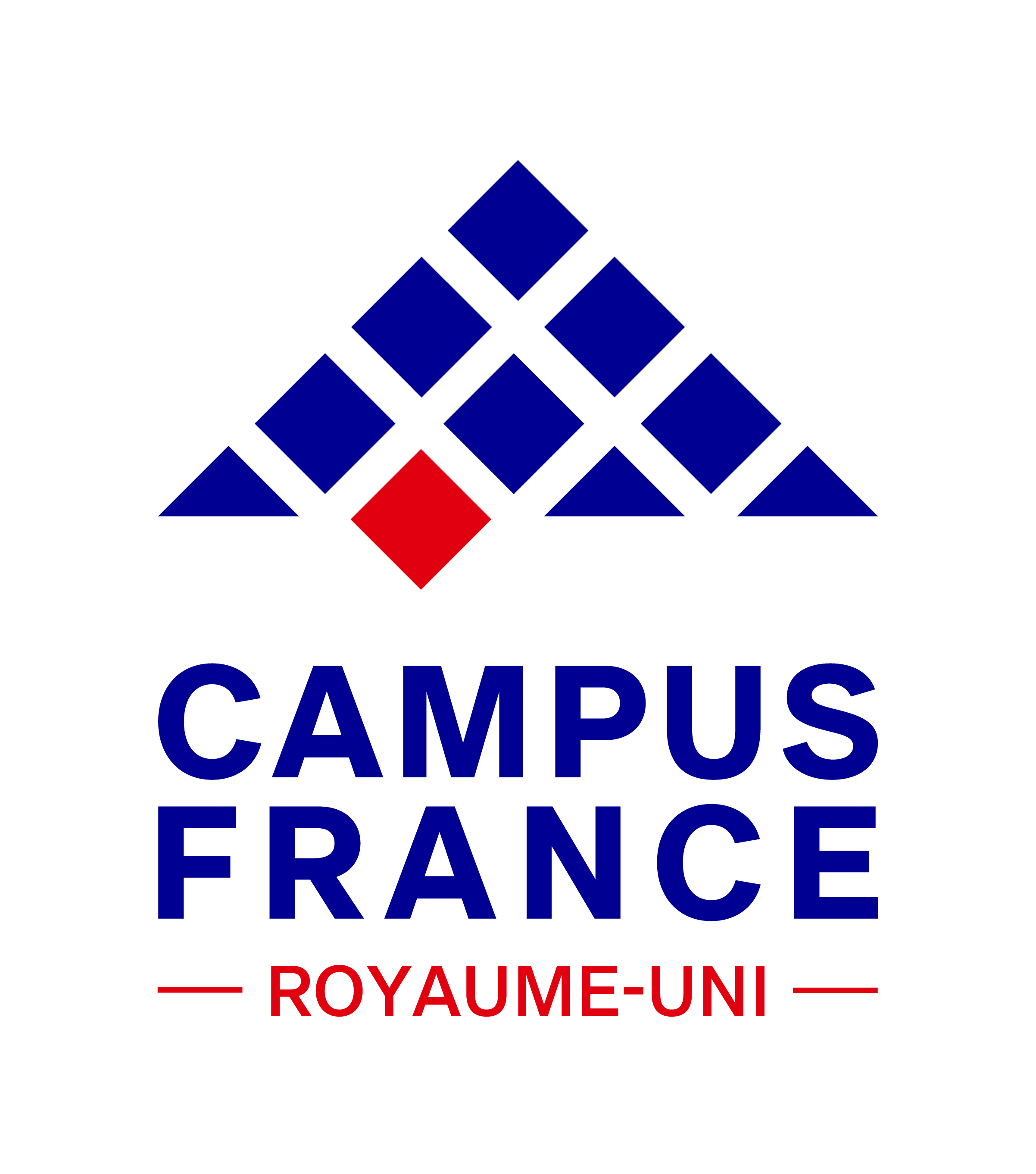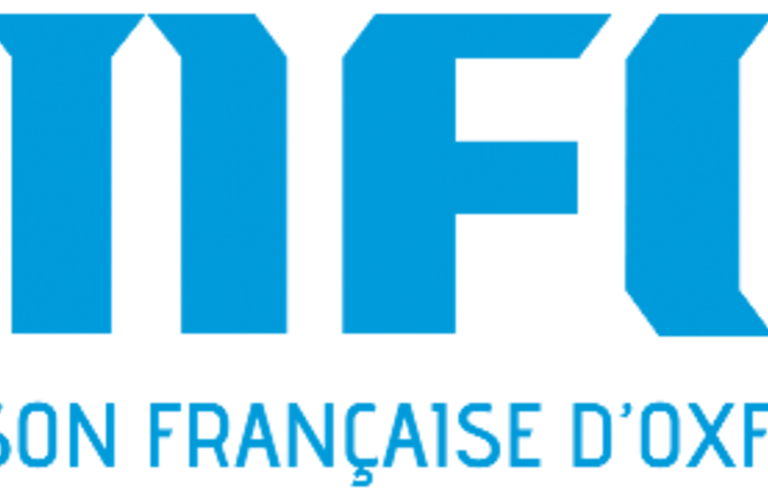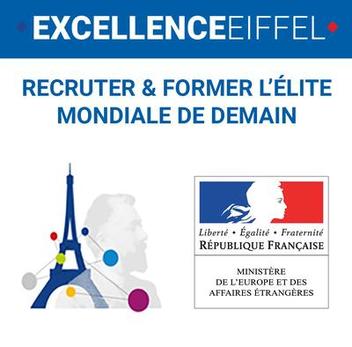Food, health, transport, leisure... the cost of living in France can be quite high, especially in Paris and the big cities. It's best to prepare your budget carefully to avoid unpleasant surprises when you settle in.
When you apply for a student visa, you will be asked to provide proof of €615 per month.
Don't forget that you can work under certain conditions with your student visa. You can also apply to the CAF for housing assistance.
Plan your budget
Additional annual expenses :
Tuition fees: from €2770 to €3770 in the public system, and from €3,000 to €10,000 in a private establishment, per year
Student and Campus Life Contribution (CVEC): €90 per year
Council tax and television licence: from €400 to over €1,000, depending on the town where you live.
Your food budget
On average, French people spend almost 300 euros a month on food. This figure can vary depending on the city where you live and what you eat. Generally speaking, the cost of living is significantly higher in Paris.
Here are the average prices of a few basic products:
- a baguette of bread: 1 euro
- a croissant: €1.10
- 1 kg of pasta: €1.50
- 1 liter of milk: €1.20
- 6 eggs: €1.50
- a coffee in a bar or restaurant: €2
- a meal at a fast-food restaurant: €7
- a meal in a restaurant: 15 to 30 euros
- a sandwich in a bakery with a drink: 5 to 8 euros
- a meal in a university restaurant (RU): 3.25 euros
Your health budget
In France, doctors are free to charge whatever they like. To keep your health budget under control, opt for "sector 1" doctors who charge a fee that is almost fully reimbursed by social security. You'll pay less and be better reimbursed. If you see a doctor at the university health centre, consultations are free. To increase your refund, you can take a complementary insurance. You should talk with student associations because they can have good deals for international students.
Here are some examples of prices for medical consultations at the "conventionné secteur 1" rate and the part reimbursed by social security:
- consultation with a general practitioner: 25 euros (16.50 euros reimbursed)
- consultation with a specialist: €25 (€16.50 reimbursed)
- consultation with a gynecologist or ophthalmologist: 30 euros (20 euros reimbursed)
- consultation with a dentist: 30 euros (the amount reimbursed depends on the treatment)
Your transport budget
If you live a long way from your host institution, your transport budget can represent a significant proportion of your total budget. It's important to plan ahead. Here are some basic prices to help you prepare your transport budget:
- an annual travel pass for Paris at the student rate: 342 euros
- 1 self-service bicycle: prices vary from city to city, with year-round subscriptions available
- 1 SNCF discount card for 18-27 year-olds: €50 per year;
- 1 return Paris-London Eurostar ticket: 100 to 200 euros.
- In Paris, an annual subscription to the self-service bike scheme at the student rate is €19 or €29
There many ways to travel in France and further to the neighboring countries. Read more here!
Your leisure budget
The price of leisure and cultural activities varies widely. There is something for every taste and every budget. You will often have access to discounts and special rates on presentation of your student card or simply if you are under 25. Here are a few examples to help you estimate your leisure budget:
- 1 cinema ticket at the under-26 rate: between 5 and 7.50 euros
- an unlimited cinema pass: €30 per month
- 1 admission to a museum or national monument: free for all European nationals under 26, or between €5 and €15
- 1 reduced-rate entry to a swimming pool: between €1.50 and €3
- 1 theatre ticket: from €10
Opening a bank account in France
Opening a bank account in France can be very useful, particularly for paying your bills (electricity, telephone, rent) and subscriptions (transport, Internet). You'll also find it easier to collect any wages you may earn and have your healthcare costs reimbursed directly. A French payment card will also enable you to pay for most of your expenses, so you won't have to carry large sums of cash.
Having a bank account is a right recognized by French law. A foreign student living in France can open a bank account in any bank in France.
Compare the offers from different banks. You should ask the student associations of your host institution. They could have good deals.
Three documents are required to open a bank account:
- proof of identity
- proof of address (electricity bill, phone bill…)
- a certificate of enrolment or student card










